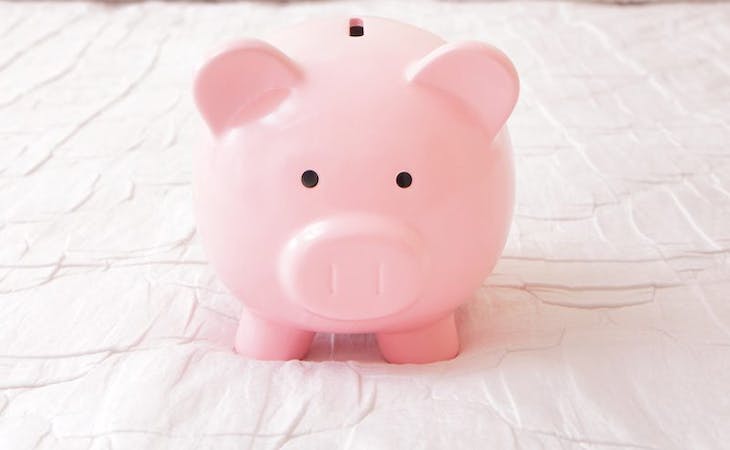It turns out that not only is getting enough sleep good for your physical and mental health—it’s also important for your financial health. In fact, researchers say there is a direct correlation between your income and how much sleep you get. Yet a third of Americans report that they regularly get fewer than seven hours of sleep a night.
Here, we take a look at the link between sleep and financial health. We also share easy strategies to improve your sleep—and boost your earning power while you’re at it.
The connection between sleep and financial health
A study published in the Review of Economics and Statistics shows that employees who live in locations where people get more sleep typically get paid more than those who live in places where people don’t sleep as much.
The study looked at the effect of sunset times on sleep, and thus, on income. The researchers, Matthew Gibson, PhD, Williams College economist, and Jeffrey Shrader, PhD, economist at Columbia University, compared the average earnings of people in two locations that share a time zone but have different sunset times—Huntsville, Alabama, and Amarillo, Texas.
Workers in the eastern edge of the time zone, where the sun sets earlier, averaged more sleep than those farther west. Because they live in the same time zone, people tended to wake up around the same time for their morning start times, but those in the Amarillo area got less sleep and had lower incomes.
One theory as to why people who sleep more have higher incomes: If you’re better rested, you’re more productive and are compensated accordingly, explains Austin Frakt, PhD, associate professor with Boston University’s School of Public Health, who wrote about the study in an article for the New York Times.
“Our main result is that sleeping one extra hour per night on average increases wages by 16%, highlighting the importance of restedness to human productivity,” wrote Gibson and Shrader in the study. Overall, Gibson and Shrader reported that getting even one hour more of sleep could be tied to a 5% lifetime earnings increase.
There is a caveat, though: “You likely won’t get a 5% increase in your income from sleeping an extra hour if your neighbors and co-workers don’t do the same,” Shrader told the New York Times. “The income boost relies on everyone in an area sleeping more.”
Getting even one hour more of sleep could be tied to a 5% lifetime earnings increase.
And while moving to a city with an earlier sunset might have career advantages, those have to be weighed against all the other differences that influence cost of living and quality of life, Frakt points out in his Times article. “So it would be silly to move just for a bit more sleep and associated increase to income,” he says.
Just how much sleep should you aim for if you want to boost your income?
While the Centers for Disease Control and Prevention (CDC) recommends adults get seven to eight hours of sleep per night, Gibson and Shrader’s study demonstrates that “wage-optimizing sleep,” as they call it, is about nine hours per night in the U.S.
“The CDC’s recommendation is presumably based on maximizing health or life expectancy,” says Gibson in an interview with Saatva. “The amount of sleep that maximizes productivity and earnings, or long-run life satisfaction, might well be different.”
That said, logging more hours in bed might not necessarily be the right decision for your life. It all has to do with why you currently sleep the amount that you do. If you just haven’t thought of the implications that your current sleep habits will have on your future, then getting more shut-eye might make you better off overall, Gibson tells Saatva. But if you’re already doing the best you can in terms of sleep, then that might involve giving up some earnings if it means you’ll feel more satisfied and less stressed, he says.
How to commit to good sleep—and better financial health
Adopting these habits will make it easier to get a good night’s sleep (and potentially increase your earning power):
- Keep your bedroom dark and cool.
- Use white noise to mask distracting sound.
- Avoid caffeine in the late afternoon and evening.
- Don’t watch TV, scroll through your phone, or work in bed.
- Maintain a regular bedtime.
The right mattress can also go along way toward ensuring you get the sleep you need to maximize your earning power. So, this year, consider putting your tax refund toward a new mattress—it just might help you bring in more money in future years in the form of bonuses, raises, or promotions. Here are more reasons to spend your tax refund on a new mattress.




